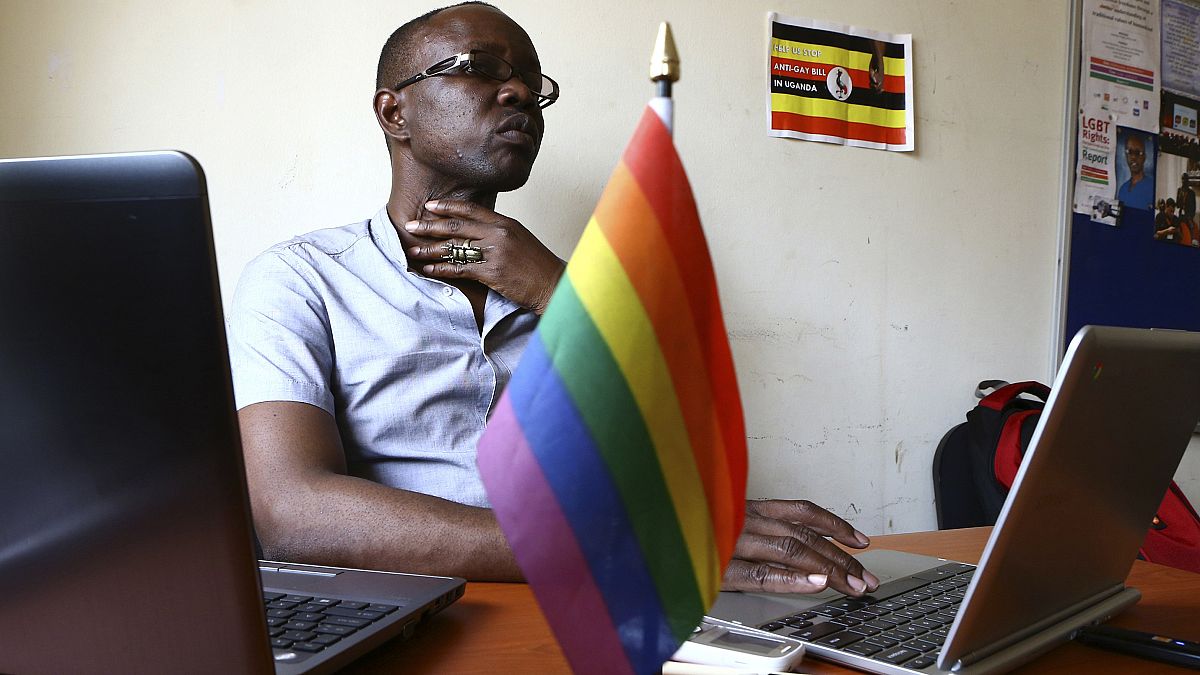A mixed group of Ugandans and NGOs have filed a petition against the country’s controversial anti-homosexuality law, saying it is unconstitutional and violates basic human rights.
The bill, which was passed by Ugandan President Yoweri Museveni on February 24, criminalises lesbian, gay, bisexual or transgender (LGBT) activities.
The Ugandan penal code already criminalises ‘carnal knowledge against the order of nature’, but the Anti-Homosexuality Act goes much further. ‘Aggravated homosexuality’ can earn offenders a life sentence in jail while ‘aiding and abetting homosexuality’ is punishable by a seven-year prison sentence.
Activists say Museveni’s bill infringes on fundamental rights to non-discrimination and equality, as well as rights to privacy, freedom of expression, thought, civic participation, assembly and association. The petition states the law fosters homophobia and stigmatisation and defies the international human rights treaties that Uganda has ratified.
“This Act not only represents an effort by the Executive and Parliament to scapegoat an unpopular minority for political gain but we believe it also violates the highest law of our country,” said Andrew Mwenda, one of the petitioners, to Reuters.
An injunction request has been made against enforcement of the law while the challenge is pending. Petitioners are now waiting for the court to schedule a hearing date – a process that could take years due to its judicial complexity.
The controversial bill received fierce criticism from the West, and especially the US , Uganda’s biggest donor, which called the legislation ‘atrocious’ and compared it to anti-semitism in Nazi Germany and apartheid in South Africa.
The US is now reviewing diplomatic ties with Uganda. The World Bank and some European states – Sweden, Denmark, Norway, and the Netherlands – have withdrawn aid worth more than $118m (85m euros), according to Reuters.
Orange Uganda, run by France Telecom, said it had cut advertising in newspaper Red Pepper for its anti-gay campaign . The paper, a Ugandan tabloid, published the names of hundreds of gays in Uganda a day after the enactment of the legislation, exposing them to blackmail, assault and harassment. The newspaper claimed its coverage was in the public’s interest.
Orange pulls advertising from Uganda's anti-gay Red Pepper newspaper http://t.co/tT4oq8rhX3pic.twitter.com/sA5k2BWSMS
— The Independent (@Independent) March 10, 2014
“The decision was made by (the) group to ensure that our brand does not contradict our company’s ethics and values,” said Vanessa Clarke, director of external communications for Orange SA, the owner of Orange Uganda, to Reuters.
But despite the West’s condemnation, Museveni’s bill has secured a larger political appeal in a country where the majority of its residents vilify homosexuality.
Uganda’s extreme anti-gay measures are now some of the harshest in Africa, a continent where homosexuality is unlawful in 37 countries, which pushes many homosexuals to go underground in fear of discrimination, violence and imprisonment.
